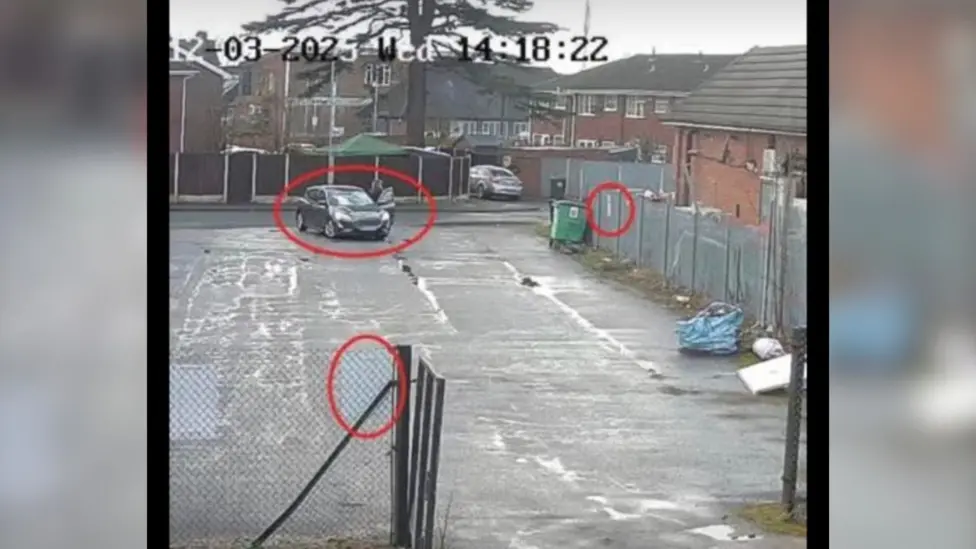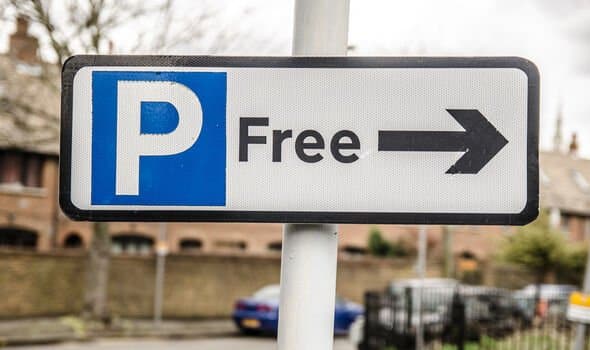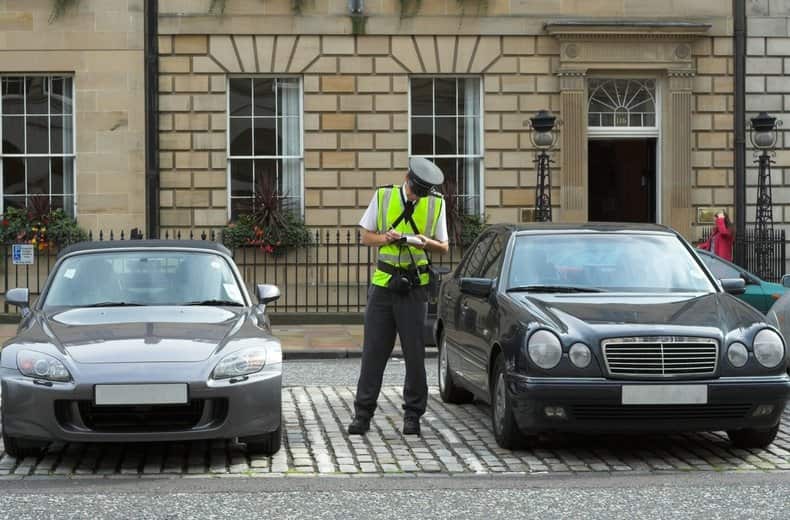£100 Parking Fine for Driver Who Stopped Due to Sudden Illness

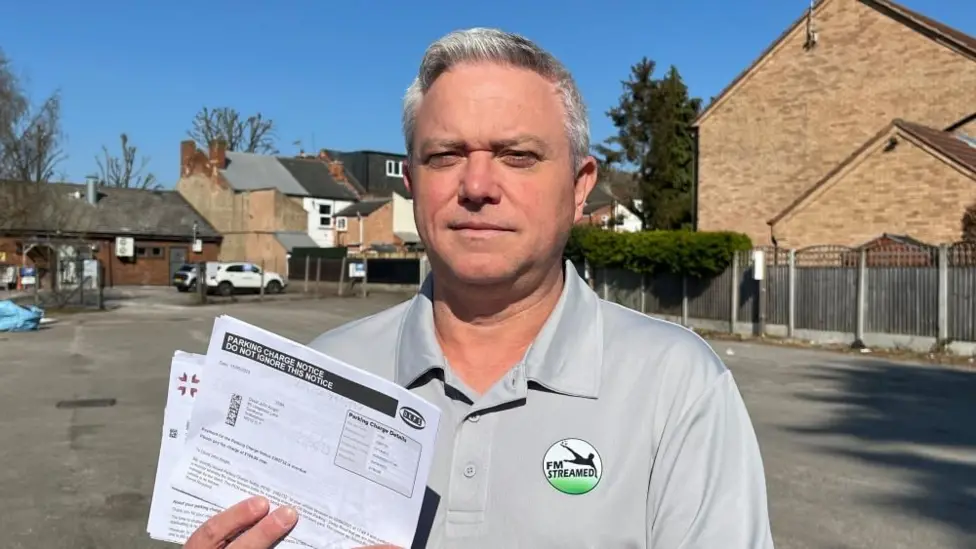
Driver Penalised £100 for Brief Stop Due to Illness: A Cautionary Tale on Private Parking Enforcement
In a recent incident highlighting the stringent enforcement of private parking regulations, a motorist was issued a £100 parking charge after briefly stopping in a permit-only car park to address a sudden bout of illness. The driver, who had recently undergone stomach surgery, experienced unexpected sickness while driving and pulled into a car park managed by UK Parking Solutions (UKPS) in Stapleford, Nottinghamshire. Despite the brief stop and the driver's medical condition, UKPS issued a parking charge notice, citing a violation of the car park's terms.
The Incident
The driver entered the UKPS-managed car park on Broad Oak Drive to manage his sudden illness. His brother exited the vehicle to fetch water, during which time the car remained stationary. UKPS contended that the vehicle was "parked" without a valid permit, thereby breaching the car park's terms and conditions. The driver appealed the charge, explaining the medical emergency, but the appeal was rejected on the grounds that a passenger leaving the vehicle constituted parking.
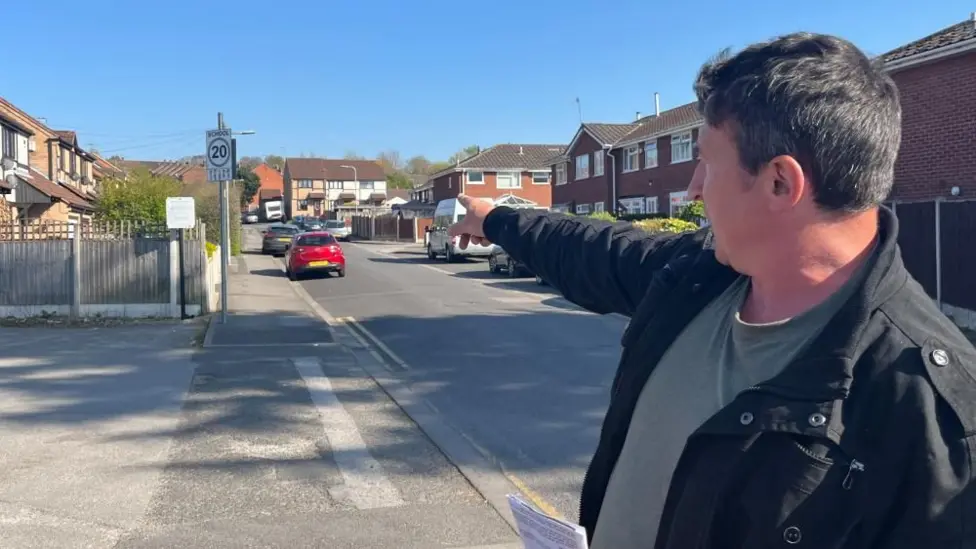
Signage and Awareness
One of the primary concerns raised is the adequacy and visibility of signage indicating the permit-only status of the car park. The driver noted that the signs were small and not easily noticeable upon entry, making it difficult for motorists to be aware of the parking restrictions. This lack of clear signage can lead to inadvertent violations, especially in situations requiring immediate stops.
Industry Standards and Grace Periods
The British Parking Association (BPA) and the International Parking Community (IPC) have established codes of practice for private parking operators, which include provisions for clear signage and grace periods. Specifically, these codes recommend a consideration period for drivers to read and understand the terms before being liable for charges. However, the enforcement of these provisions can vary, and in this case, UKPS maintained that their signage complied with industry standards.

Public Reaction and Advocacy
The incident has sparked discussions about the fairness and flexibility of private parking enforcement, particularly in situations involving medical emergencies. Advocates argue for more compassionate and context-sensitive approaches, suggesting that operators should consider extenuating circumstances before issuing charges. There is also a call for improved signage and clearer communication of parking restrictions to prevent similar incidents.
Legal Considerations
Private parking charges are considered contractual agreements between the driver and the landowner or their agent. Failure to adhere to the posted terms can result in a parking charge notice, which, if unpaid, may lead to further legal action. However, drivers have the right to appeal such charges, and in cases where the signage is inadequate or the circumstances are exceptional, appeals may be successful.MoneySavingExpert.com
This case underscores the importance of clear signage and reasonable enforcement practices in private parking areas. While property owners have the right to regulate parking on their premises, there is a growing consensus that enforcement should account for genuine emergencies and unforeseen situations. Drivers are advised to be vigilant about parking restrictions and to seek clarification when in doubt. Additionally, those who believe they have been unfairly charged should consider utilizing the available appeals processes to contest the charges.
Note: This article is intended for informational purposes and does not constitute legal advice. For specific concerns regarding parking charges, individuals should consult with legal professionals or relevant authorities.
Posted on 14 April 2025

